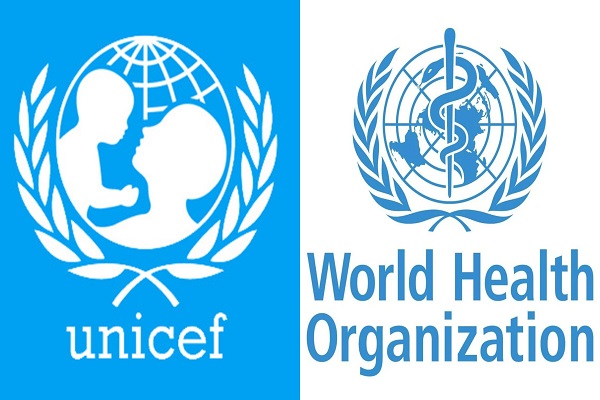The World Health Organisation and the United Nations Children’s Fund have stated over 70 percent of Nigerian children are denied the nutritious benefits of breast milk in their formative years.
The development, they said, results in a high rate of stunting among children under the age of five years – 37 percent.
The global bodies stated that breastfeeding not only guarantees a safe, nutritious, and accessible food source for babies and young children but also offers a powerful line of defense against disease and all forms of child malnutrition, including wasting.
They called on the government to allocate increased resources to protect, promote, and support breastfeeding policies and programmes, especially for the most vulnerable families living in emergency settings.
The UNICEF Executive Director, Catherine Russell, and WHO Director-General, Dr. Tedros Ghebreyesus, made this known in a joint statement on the occasion of World Breastfeeding Week, with the theme: “Step up for breastfeeding: Educate and Support.”
They said: “As global crises continue to threaten the health and nutrition of millions of babies and children, the vital importance of breastfeeding as the best possible start in life is more critical than ever.
“In Nigeria, the exclusive breastfeeding rate is 29 percent, meaning that over 70 percent of infants in Nigeria are denied the aforementioned benefits of breast milk in their formative years. Only 9 percent of organizations have a workplace breastfeeding policy, indicating that mothers lack the enabling environment to optimally breastfeed their babies.
“The results are high stunting rates of 37 percent of children under-5, of which 21 percent are severe, and wasting among children under 5 years of age (7 percent). They continue to present severe consequences for the child.
“Yet the emotional distress, physical exhaustion, lack of space and privacy, and poor sanitation experienced by mothers in emergency settings mean that many babies are missing out on the benefits of breastfeeding to help them survive.
“Fewer than half of all newborn babies are breastfed in the first hour of life, leaving them more vulnerable to disease and death. And only 44 percent of infants are exclusively breastfed in the first six months of life, short of the World Health Assembly target of 50 percent by 2025.
“Protecting, promoting, and supporting breastfeeding is more important than ever, not just for protecting our planet as the ultimate natural, sustainable, first food system, but also for the survival, growth, and development of millions of infants.”






















